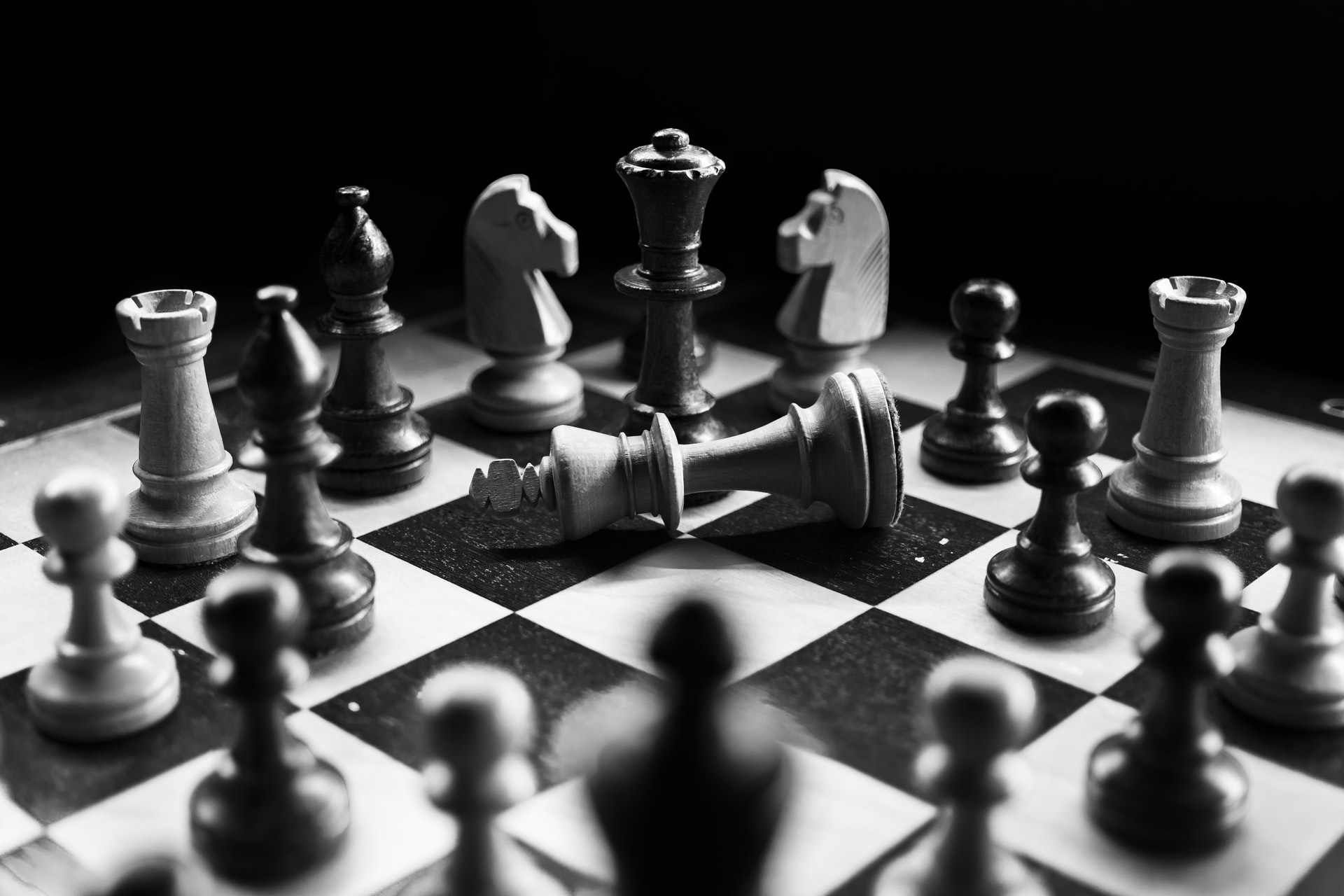
Chess is played every day all across the world, bringing people from all walks of life together. Let’s look at the top ten advantages of learning and playing chess!
1. Chess is a game that brings people together.
Chess is one of the world’s oldest games, dating back more than 1500 years. Chess has evolved into the game we play today as it has spread over the world. As a result of this voyage, people from many cultures, ages, and backgrounds have come together to share a shared bond and excitement for the game.
2. Chess teaches you how to win and lose at the same time.
Of course, everyone wants to learn chess openings, but it’s also crucial to learn to accept defeat. Sometimes you give the lesson, and sometimes you get the lesson, as the phrase goes. Most essential, strive to learn from your mistakes and improve as a player as a result of them. When faced with failure, we must rise back up and come back stronger and wiser, just like we must in life. Chess may teach a person how to win with grace, which is an important character characteristic.
If you lose a chess game, go back and correct your mistakes.
3. Chess Educates Children On The Importance Of Their Actions
Over the last decade, there has been a steady increase in the popularity of scholastic chess around the world. More essential than these kids becoming excellent chess players or achieving high ratings is that chess teaches them from a young age that their decisions have repercussions, both positive and negative. Playing too quickly and rushing your judgments can have severe consequences, but thinking over your movements and striving to play the greatest move you can is gratifying.
Chess can aid in the development of crucial character traits in children.
 4. Chess Aids Concentration
4. Chess Aids Concentration
“Chess needs entire focus,” as Bobby Fischer put it. A chess player can play like a grandmaster for 30 moves before becoming distracted on move 31 and making an elementary blunder that results in the game being lost! When faced with school assignments, daily tasks, and deadlines, this strong attention comes in handy.
Chess can aid in the development of discipline and focus.
5. Chess Is An Excellent Educational Resource For Schools
For good reason, before, during, and after-school programs are immensely popular. Chess is a low-cost activity that youngsters can participate in at their own school. A chess class or club may accommodate children of diverse ages, backgrounds, and special needs.
Chess programs in schools provide excellent social, emotional, and academic opportunities for pupils.
6. Chess Aids in the Development of Creativity.
It is said that a person’s personality is revealed through their chess game. A shy and passive individual may play more cautiously, whereas an outgoing and gregarious person may assault with vigor. Chess is unique in that it caters to a wide range of styles and personalities. You can express your creativity in the types of moves, schemes, and tactics you devise on the board in your own unique way.
The chessboard is your blank canvas on which to express yourself!
7. Chess Increases Self-Assuredness
Chess is all about you—you devote time to studying, to playing in tournaments, to evaluating your losses and identifying your shortcomings. A sense of confidence is formed as a result of all of this labor. Working through a difficult moment in your chess growth, such as a plateau, can help you gain resilience and confidence.
Working on your chess skills might boost your confidence.
8. Chess Aids in the Development of Problem-Solving Skills
Every chess game presents obstacles and problems that must be overcome in order to play at your best. Chess can assist you with planning ahead, not making rash judgments, and weighing the benefits and drawbacks of your options. This refers to the obstacles we face in everyday life, and much as in chess, we try to make the best decisions in order to achieve positive results in our lives.
Every chess game presents you with difficulties to solve.
9. Chess is a game that works both sides of the brain.
When you play chess, your brain is forced to use logic, develop pattern recognition, make visual and analytical decisions, and test your memory. Chess may be enjoyed by people of all ages, so these brain workouts can be a part of your brain’s health for the rest of your life! A healthy brain is one that is active.
Chess can help you keep your mind busy and sharp for the rest of your life.
10. Chess teaches you how to stay calm under pressure.
A tense game of chess in which you’ve given everything you’ve got, your time is running out, and you still have to make important decisions to prove your case teaches us to keep our cool under pressure. You must be intently concentrated while keeping calm in order for your brain to function at its best. Throughout our lives, we are all confronted with deadlines, presentations, interviews, and assessments. To perform at our best, we must remain confident and cool, much like in a chess game.








